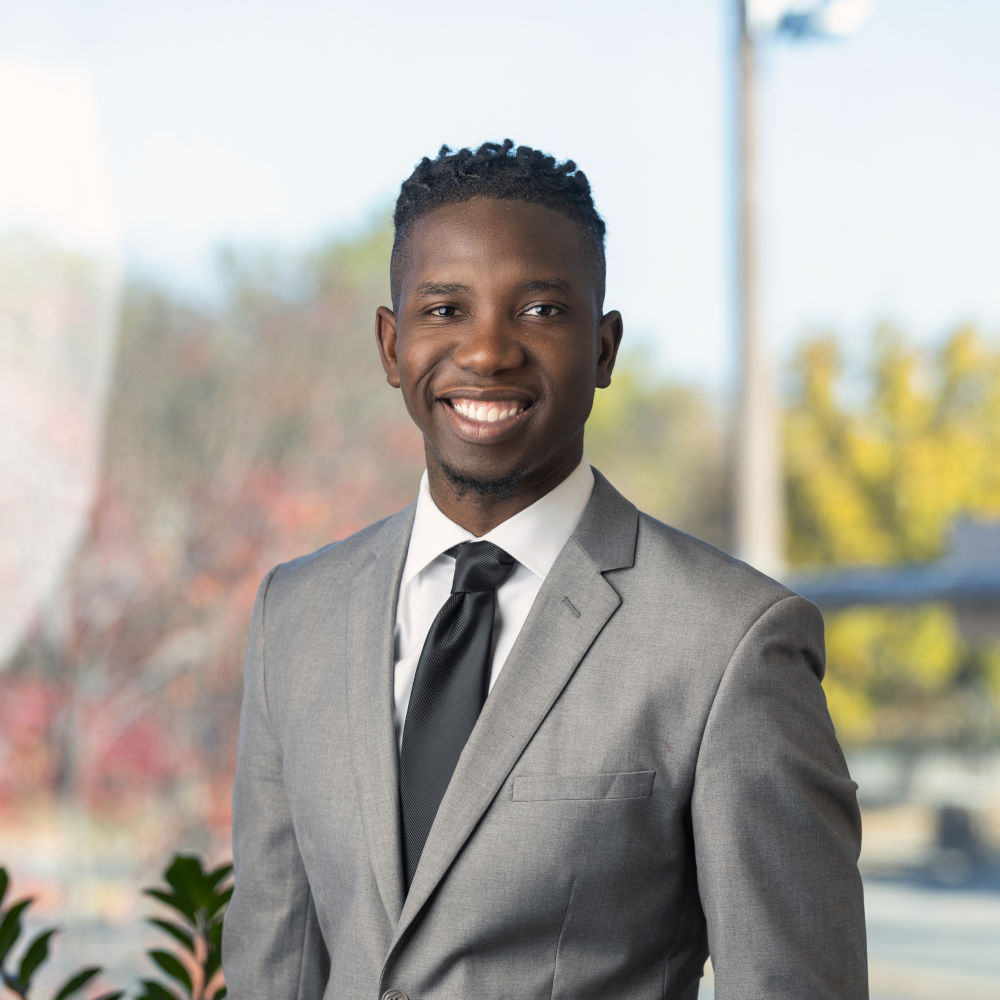PhilanthroBeginnings: My First 6 Months

Demetrious Jordan, Program Fellow
When I graduated from the Clinton School of Public Service, I was at a crossroads, uncertain of my career’s direction. Two things were clear: my aspiration to serve the public and my ambition to assume leadership. With those things in mind, I worked as a data analyst at Legal Aid of Arkansas for two years and was ready to dive into what I hoped would be a fulfilling career.
The opportunity at the Winthrop Rockefeller Foundation presented itself when my familiarity with the philanthropic sector was minimal. The concept of philanthropy was not something that had frequently crossed my path. Nevertheless, driven by curiosity and an eagerness to explore new territories, I was drawn to the foundation. The initial interview almost felt divine; it aligned seamlessly with my aspirations and signaled a path I had not anticipated. Faced with a choice between continuing my search for a program manager position in a familiar field or venturing into the unknown as a program fellow, I chose the latter.
Several months into this journey, I’m glad I made that decision. Embarking on a career in philanthropy has been a rewarding experience, marked by humility, confusion, and a sense of impact, yet also filled with challenges and complexities. The transition has humbled me. I moved from being an expert in a specific field to navigating an unfamiliar world where every day brings new information and unanswered questions. I learned quickly that my understanding of the challenges faced by ALICE (Asset Limited, Income Constrained, Employed) individuals is minimal compared to the broader expertise of my more tenured colleagues and grantee partners. ALICE Arkansans are the “who” that drives WRF’s investments in change.
Not knowing is tough, but learning is gratifying. The notion that philanthropy is just as much art as science has become increasingly apparent. Our strategic goals, often several steps removed from the target population, require a lot of trust in our theory of change. The uniqueness of philanthropy also means that traditional training methods are less applicable. Instead, observation, inquiry, and meticulous note-taking are essential strategies for learning.
Over these last few months, I’ve learned that finding a balance that suits my needs while holding myself accountable to the above practices and principles is crucial for a successful transition into this field. Despite the steep learning curve, I’m excited to be here. Many easy things aren’t worthwhile, and nothing worthwhile is easy.
